Late yesterday, rumors began swirling that Tennessee offensive lineman Brett Kendrick had been concussed against Kentucky last Saturday night and that head coach Butch Jones had played him anyway. That report was immediately followed by speculation that Tennessee was running the same play Florida had just run on now-former head coach Jim McElwain. Let’s call it an End Run on the Buyout. The Gators, not happy with McElwain’s results as head coach, seized on McElwain’s misstep at a press conference and fired him for cause, avoiding or minimizing his buyout in the process. Based on this report, could the Vols do the same thing with Jones?
Whether John Currie and the Tennessee administration can use this incident as leverage in the severance negotiation with Jones all depends on what really happened, though, and if they are not careful, they could make more trouble for themselves down the road.
So what really happened?
It’s an absolute shame that the current shorthand for this story is inaccurate and yet being passed around as if it’s factual. I’m far from the old man on the porch screaming at passersby about the evils of Twitter, but it is a simple fact that most people read a headline in their newsfeed and formulate their opinions about topic without ever clicking through to read the actual article. It naturally follows from that that the headline – or the tweet or the lede – is extremely important. And in this unfortunate case, that part of the story was badly mishandled. It may turn out to be true, but at the time it was published, and at the time I’m publishing this, it is not.
So, what is the actual story? It originates from two texts from an anonymous source. Here are those texts:
“[Brett Kendrick] is resting in a dark room. He doesn’t remember anything about the second half of the game”
“They left him in until the last 22 seconds and only pulled him out because he finally threw up on the sideline.”
Those texts tell us that Kendrick doesn’t remember the second half of the Kentucky game and that he was held out of the game after he threw up on the sideline with 22 seconds remaining. An extended, unpublished version of the texts includes a statement from the source confirming that he or she believes that the cause for all of that was that Kendrick had a concussion the whole time. I’ve not seen anything else other than those statements.
The lede of the original story, though, jumped to serious accusations and conclusions. Here it is verbatim:
Communications received by The Read Optional show that Tennessee’s staff knowingly played a player with a concussion.
Wait, what? “Tennessee’s staff knowingly played a player with a concussion?”
First, as a preliminary matter, it’s not even clear whether Kendrick suffered an actual concussion. One source says he did, but it’s unclear whether that conclusion is based on the opinion of a medical professional.
But let’s assume that he did in fact have a concussion. There is still nothing in either of those texts that says anything one way or the other as to whether Butch Jones or the Tennessee staff had knowledge of the concussion and then continued to play him afterwards.
Whether or not they had knowledge is an absolutely crucial element to this entire story. Why? The risk of playing guys who might be concussed is an inescapable hazard of the trade. It’s football, and there’s no sign above a player’s head that starts blinking when he’s been concussed. (Helmet manufacturers, you can have that idea for free.) Sometimes, you don’t even have a signal to test for a concussion. Sure, if a player gets knocked unconscious, you’re putting him in concussion protocol immediately. But unless you want to give everyone a test after every play, you’re going to run the risk of not knowing until later. You do your best to minimize the risk, but you can’t play without taking some risk of playing guys when they should be resting.
And that’s where reasonableness and knowledge comes in. Did Jones and his staff have reasonable cause to check Kendrick? The original article says that Kendrick told staff at one point that he was “feeling woozy.” Is that enough to trigger a concussion check? I’m not a doctor, so don’t know. Let’s ask a sports physician and find out. Did he get a concussion check? Was it positive? Was it inconclusive?
We don’t know any of that, and until you know it, you don’t write, “Tennessee’s staff knowingly played a player with a concussion.”
All we know at the time that I’m writing this article is that one source believes Kendrick played much of the game with a concussion. That’s it. There are currently no reported facts supporting the assertion that Jones knew he had a concussion and played him anyway.
Is what happened leverage for Butch’s severance negotiation?
Maybe. Maybe not. We’ll have to make some assumptions to discuss each situation hypothetically.
Worst case scenario
First, let’s assume the worst case scenario for Jones. Let’s assume Kendrick took a nasty hit on a play, staggered off the field, complained of being woozy to a staff member, got immediately evaluated by a physician on the sideline, and was diagnosed with a concussion. Let’s further assume the physician told Jones that Kendrick was concussed and that he was out for the rest of the game and that Jones put him in the game anyway simply because he was running out of linemen.
If that’s the way it went down, then Jones is in a world of trouble. He’s at risk not only of losing his job and his buyout, he’s personally vulnerable to a lawsuit that he would almost certainly lose. The school, too, would be vulnerable to a lawsuit alleging vicarious liability of its employees.
That last part may explain the official statement from John Currie released this morning:
That statement is well-crafted and may actually be posturing for several different scenarios (including some that allow the administration and Jones a common defense), but one thing it does is lay the groundwork for a vicarious liability defense. They’re essentially saying that the school shouldn’t be vicariously liable for Jones knowingly playing a concussed player because they have systems in place to make sure he doesn’t, and if he did, it’s outside the scope of his employment duties. I’m not saying it will work, but that’s the argument.
Bottom line, if Jones knowingly played a concussed player, he will rightly have to suffer the consequences. He can then be fired for cause, and he will lose his buyout.
More probable scenario
But let’s assume now that the facts are much muddier than that. Say Kendrick had been battling the flu all week, and so when he complained to the staff about being woozy, they thought it was just that. Suppose they never had reasonable cause to give him a concussion check until he threw up, and so they never knew until then.
In that scenario, there are arguments on both sides about whether Jones and his staff should have known. And this is where Currie needs to be careful about trying to use it to ease Jones on out the door.
The danger lies in what I mentioned above about accidentally playing concussed players being an inevitable risk of the game of football. If I was advising Currie, I would warn him that using that to terminate Jones and claim he was not entitled to his buyout would be viewed as a pretext for the termination and also that it would set a dangerous precedent for the next coach. If you’re going to fire Jones for accidentally playing a concussed player, then you’d better fire the next guy for doing it, too. And the next guy might not be losing in his fifth year but winning like Nick Saban in his second. Plus, you’d better have a good explanation to the new coaches you’re trying to recruit to replace Jones when they ask if they’ll lose their buyout for accidentally playing a concussed player.
That’s not to say that you don’t use everything you have in severance negotiations. They’re probably discussing it. Both sides are probably beating their chests about the facts and the consequences, and both sides are likely working their way toward a compromise in the process.
If Jones knew Kendrick had a concussion and played him anyway, he’ll be terminated, and he won’t get a penny of his buyout. If Jones instead did nothing wrong, Tennessee should give the man his buyout like they promised him and not use a shoddy news report for leverage. If the truth is somewhere in between, then both sides should investigate and work out a resolution based on those findings.
I just hope they all take the time to discover the facts before they draw their conclusions.



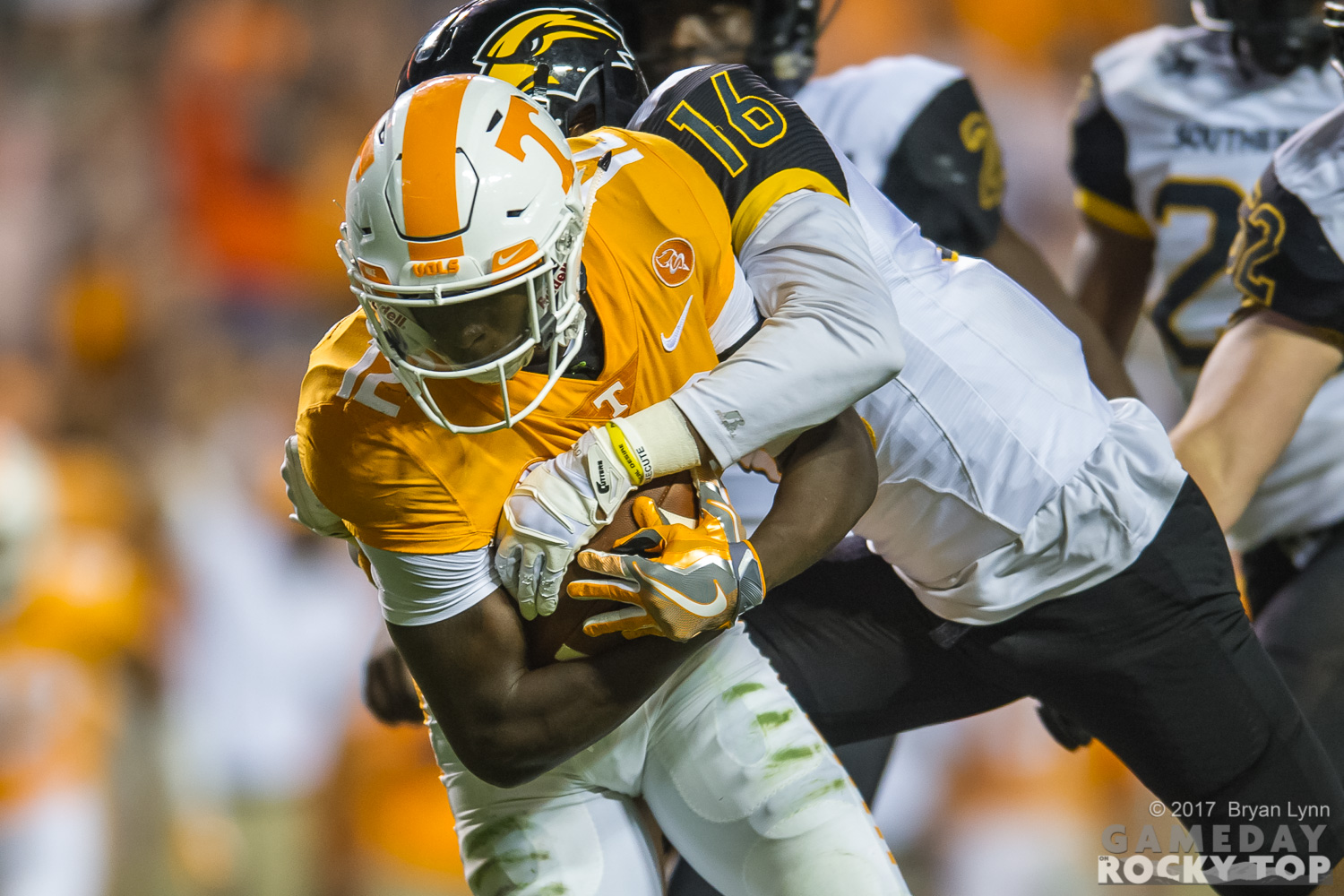
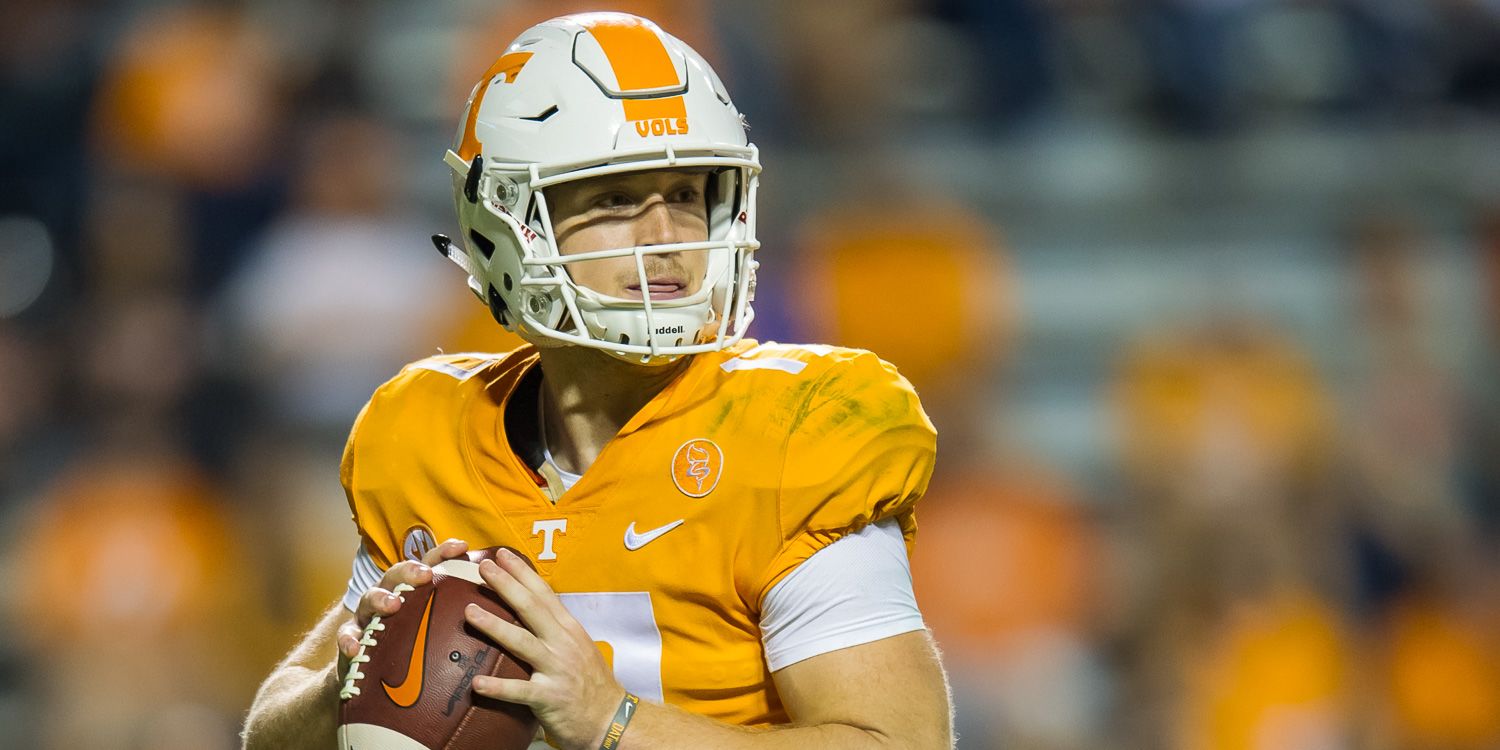
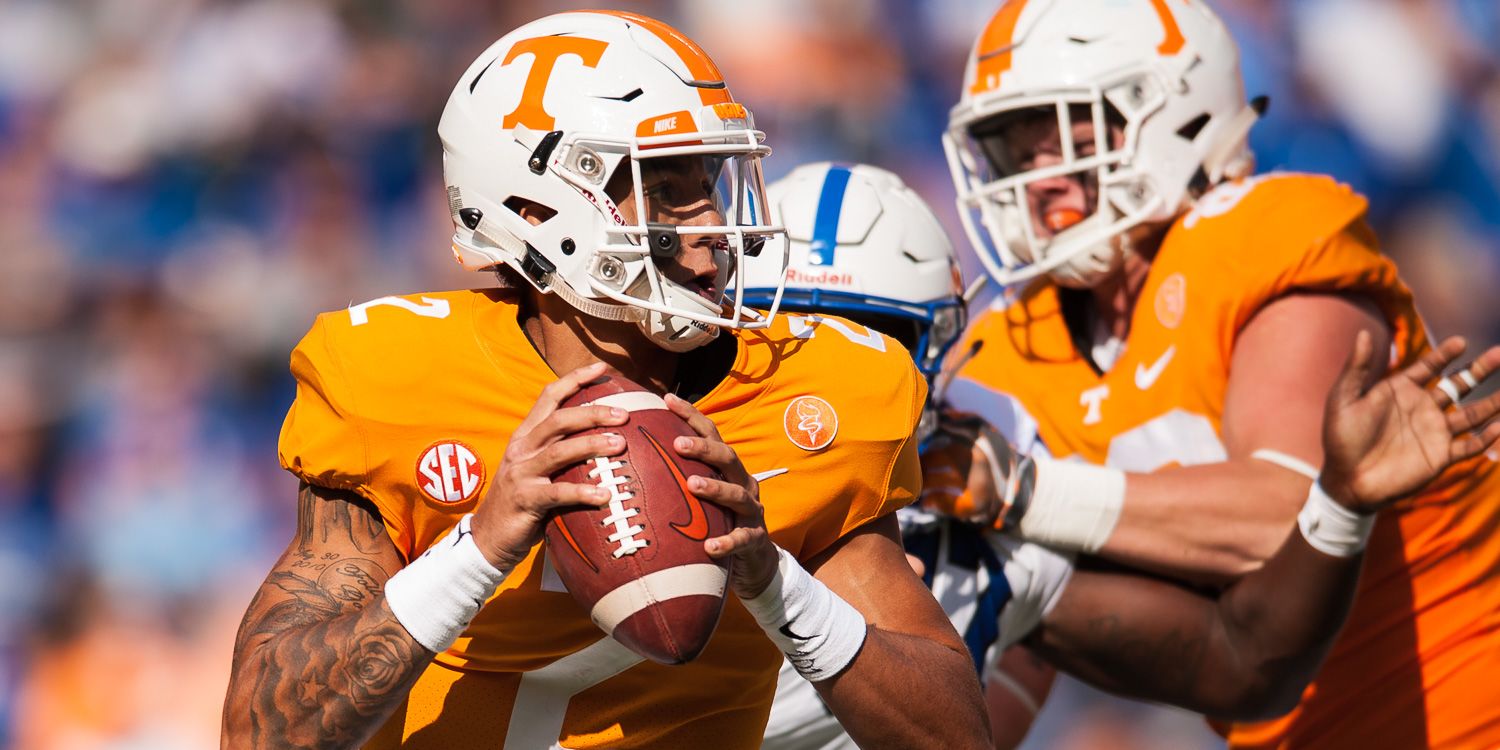
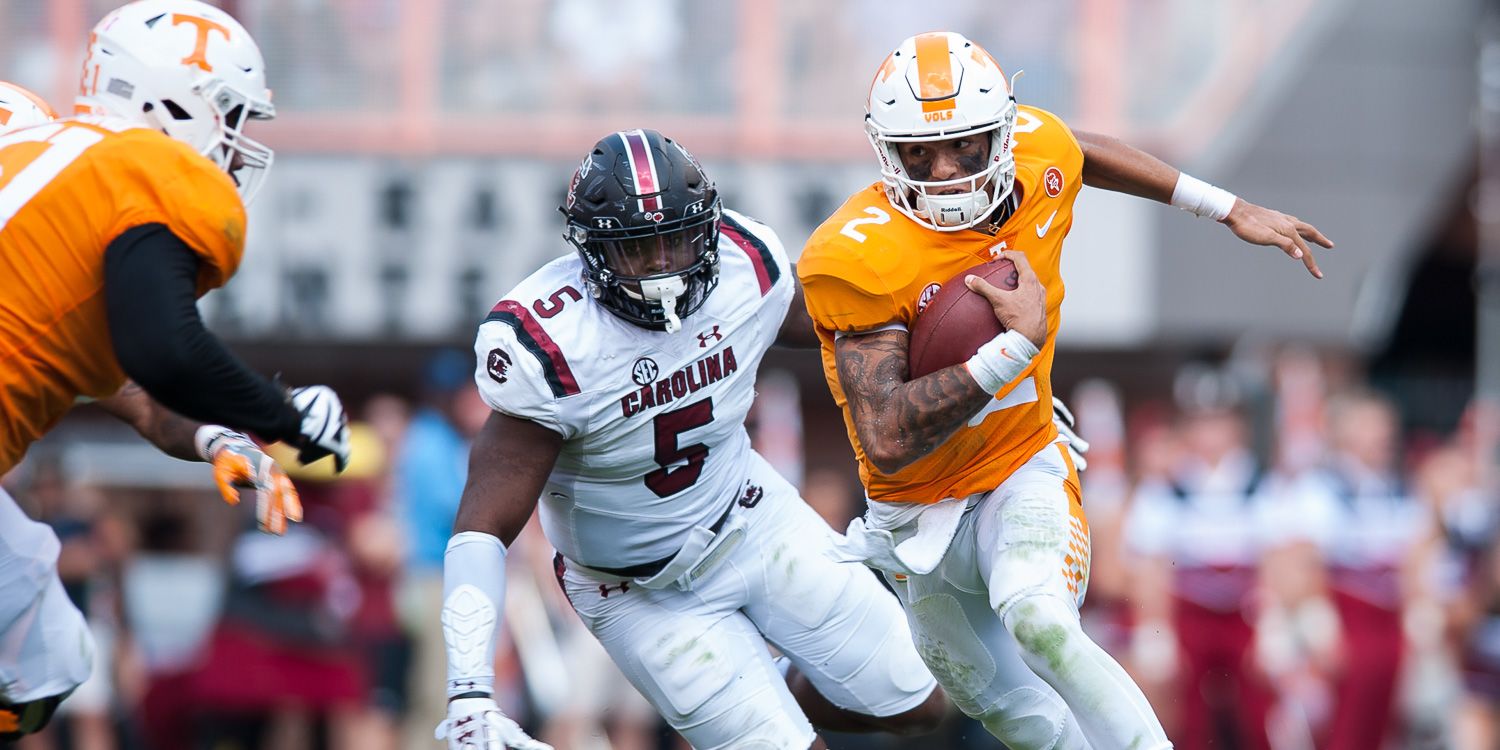
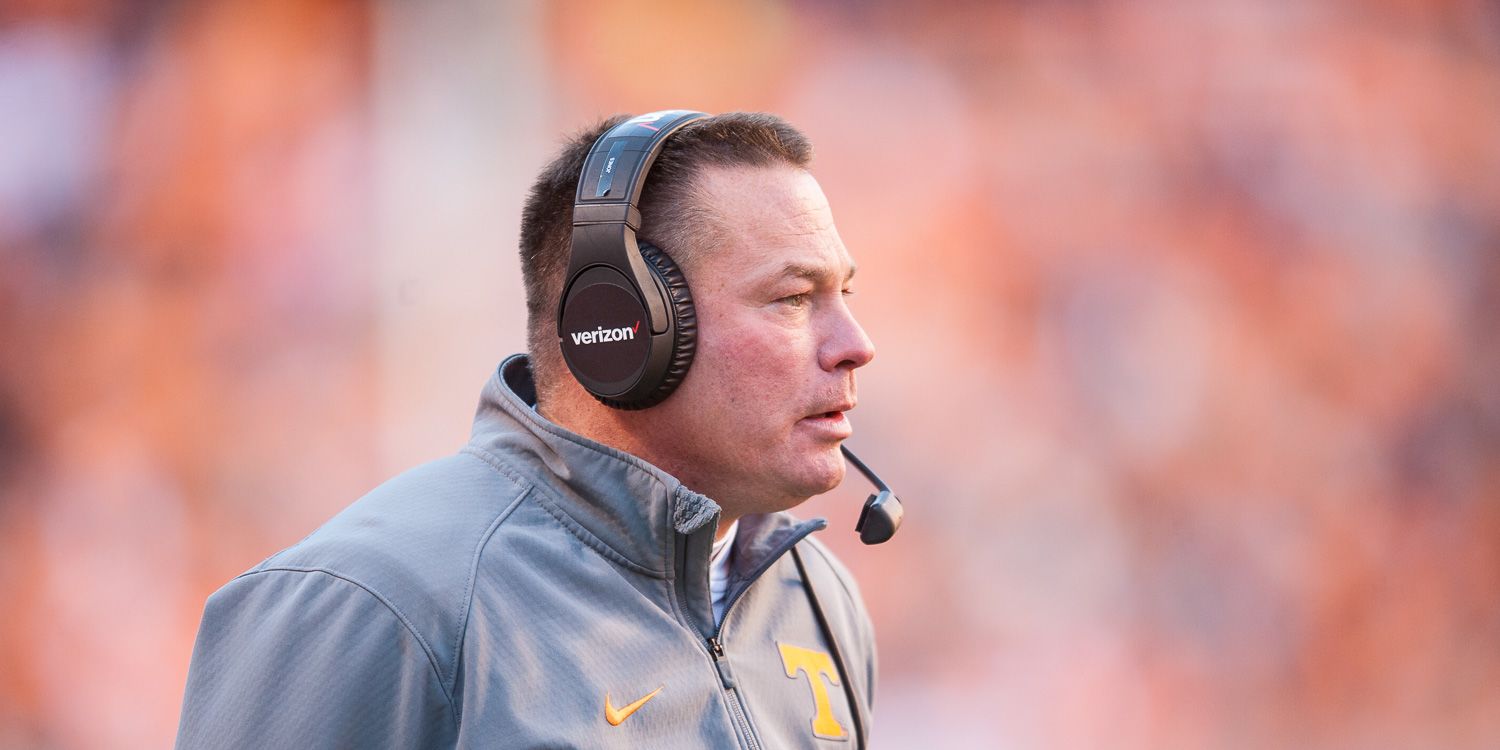
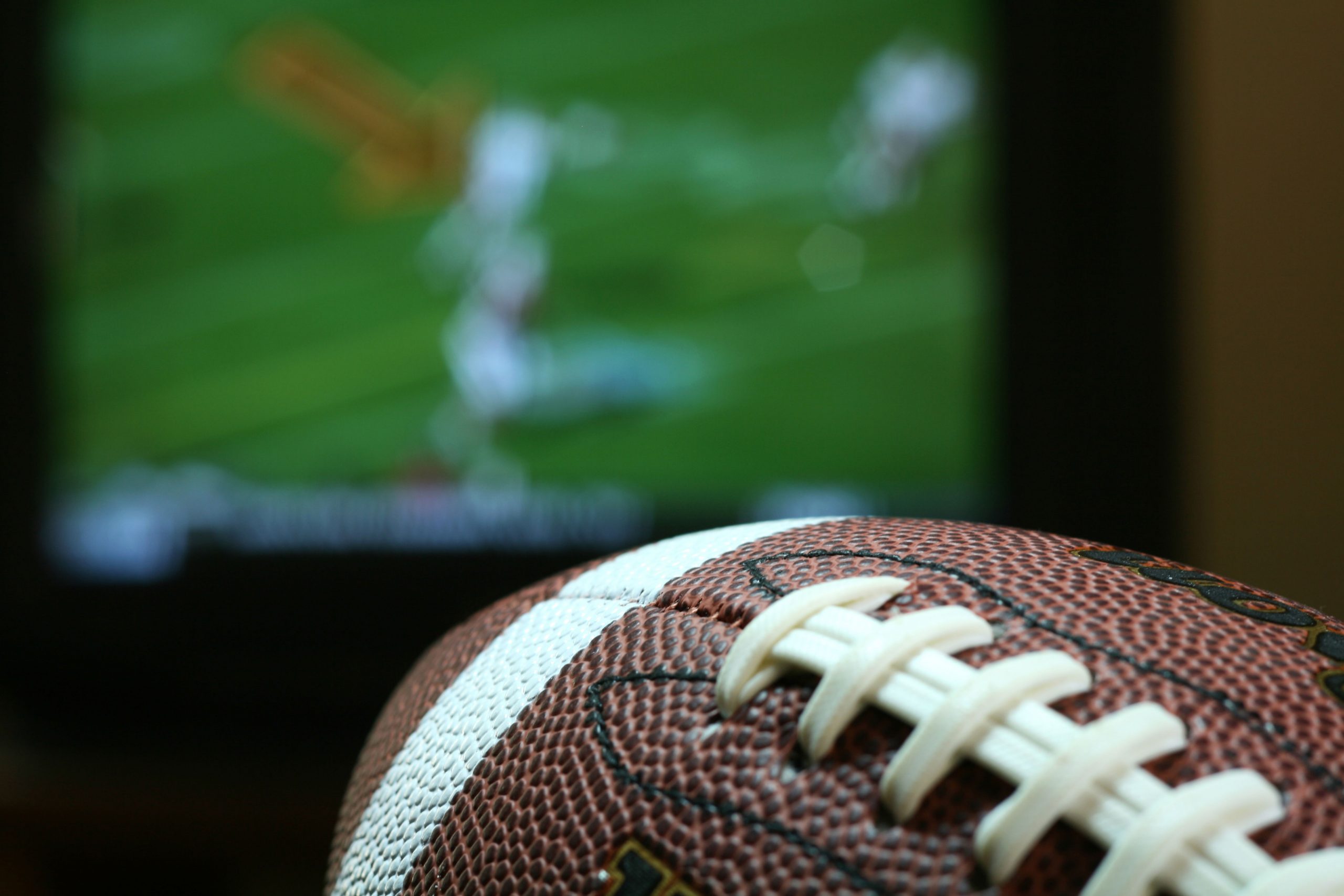
You must be logged in to post a comment.